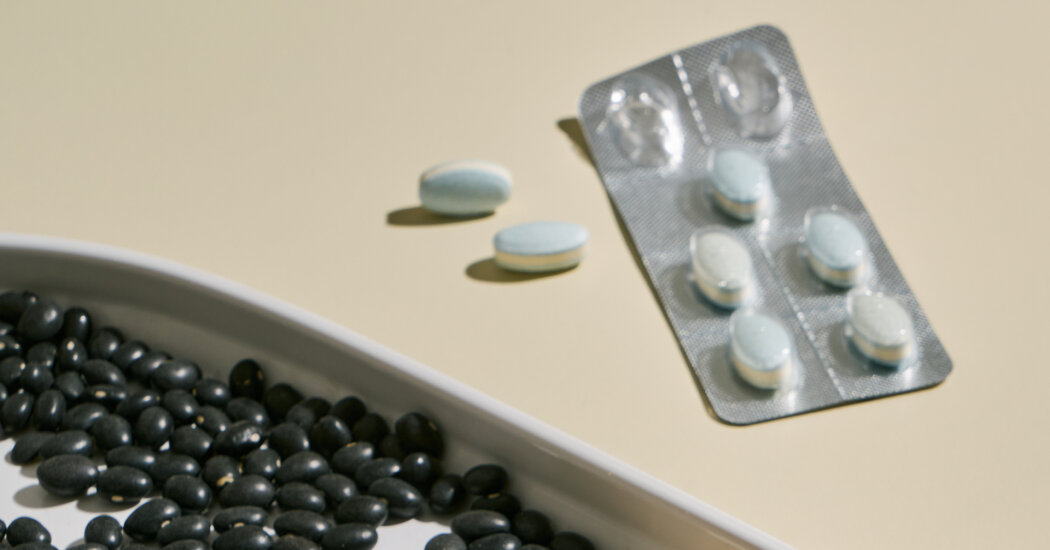Q: I have high cholesterol, but when I tried statins, I didn’t like the side effects. What are non-pharmaceutical ways to lower my cholesterol?
People with high cholesterol often fall into two groups. Those whose levels are so high that they need cholesterol-lowering medications like statins to reduce their risk for heart disease. And those whose levels are elevated, but not so high that they require medication, said Dr. Felipe Lobelo, a lifestyle medicine researcher at Emory University in Atlanta.
If people in this latter group have an otherwise low risk for heart disease, lifestyle changes should be their first step in trying to improve their health, according to the American Heart Association.
Why Your Cholesterol Levels Are Important
Your cholesterol refers to a measure of two types of particles in your blood: low-density lipoprotein (sometimes called “bad,” or LDL) cholesterol and high-density lipoprotein (often referred to as “good,” or HDL) cholesterol. When there’s too much LDL cholesterol in your blood, it can gum up your blood vessels, making it harder for your heart to pump blood through them.
For adults ages 20 or older, it’s generally considered healthy for blood LDL cholesterol levels to be under 100 milligrams per deciliter. If your levels rise to as high as 189 milligrams per deciliter but your risk for heart disease is otherwise low, the A.H.A. says, it may be worth trying certain lifestyle changes to bring your cholesterol down before you rely on prescription medication.
Levels that exceed 190 milligrams per deciliter typically lead to a statin prescription.
Non-Drug Alternatives
Certain lifestyle tweaks such as getting sufficient sleep, reducing tobacco use and managing stress can all help improve cholesterol levels. But two lifestyle choices in particular can yield much greater benefits, said Dr. Frank B. Hu, a professor of nutrition and epidemiology at the Harvard T.H. Chan School of Public Health.
